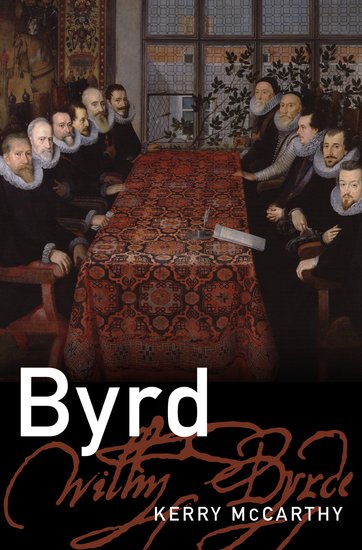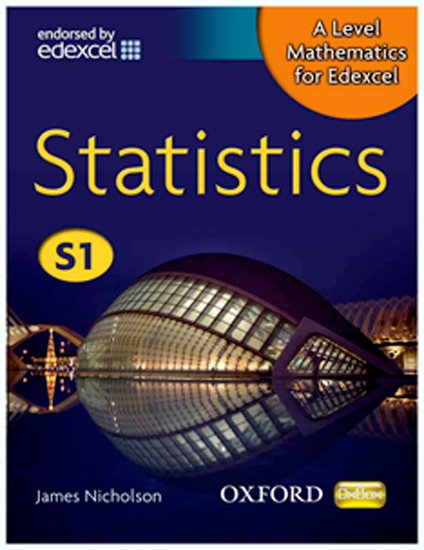Beware of gifts near elections: Cyprus and the Eurozone
By Alexandros Apostolides
Cyprus was not on the agenda of most analysts as the next plot twist in the Eurozone Sovereign debt saga. Although the island nation has been locked out of international capital markets since May 2011, the government of President Demetris Christophias only asked for support from the Eurogroup on 25 July 2012.









